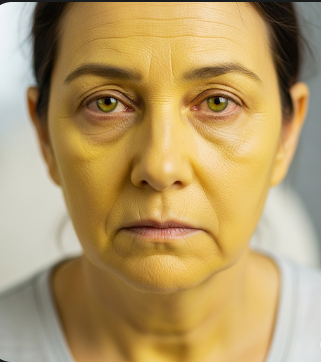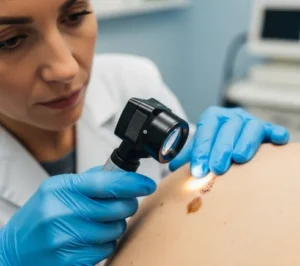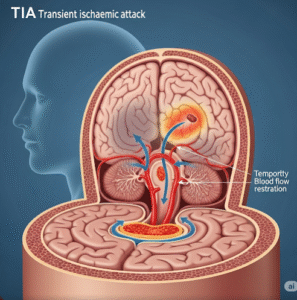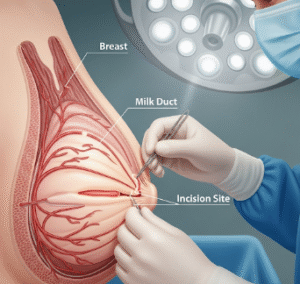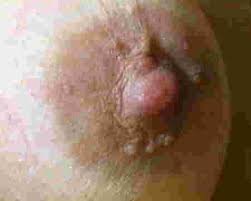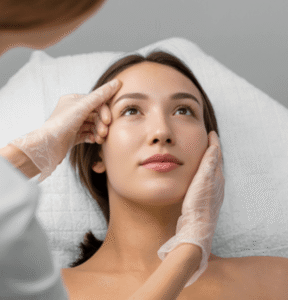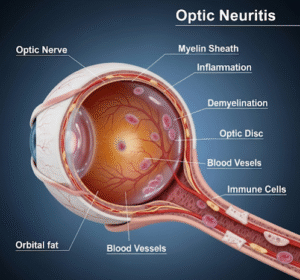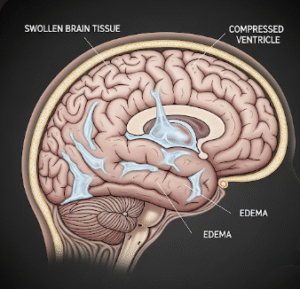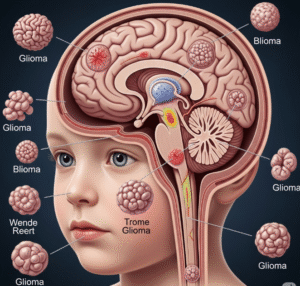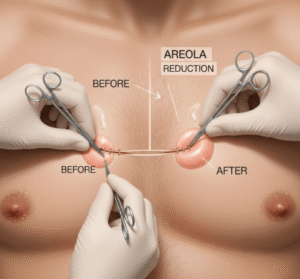Overview
Jaundice in adults is a medical condition characterized by yellowing of the skin, eyes (sclera), and mucous membranes due to elevated levels of bilirubin in the blood. Bilirubin is a yellow pigment produced during the normal breakdown of red blood cells. While mild jaundice can sometimes occur temporarily, persistent or severe jaundice in adults often signals underlying liver, bile duct, or blood-related disorders.
South Korea provides world-class hepatology and gastroenterology services, offering advanced diagnostics, treatments, and management plans for adult patients with jaundice. Early diagnosis is crucial to prevent complications and ensure effective treatment of underlying conditions.
Key Facts
Highlights:
➡️ Adult jaundice results from an accumulation of bilirubin in the blood, leading to yellowing of skin and eyes.
➡️ It may indicate liver disease, bile duct obstruction, hemolysis, or other systemic conditions.
➡️ Common symptoms include fatigue, dark urine, pale stools, abdominal pain, and itching.
➡️ Prompt medical evaluation is essential to determine the underlying cause.
➡️ Korean hospitals offer specialized hepatology and gastroenterology care with advanced diagnostic and treatment options.
What is Adult Jaundice?
Adult jaundice is the visible yellowing of the skin and eyes caused by elevated bilirubin levels in the bloodstream. Bilirubin is normally processed by the liver and excreted in bile. When the liver cannot process bilirubin efficiently, or bile flow is obstructed, it accumulates in the blood, leading to jaundice.
The condition may be acute (sudden onset) or chronic (long-lasting), depending on the cause. It is not a disease itself but a symptom of underlying medical problems that may involve the liver, bile ducts, or red blood cells.
What Symptoms are Related to Adult Jaundice?
Symptoms often accompany the yellowing of the skin and eyes, including:
- Dark-colored urine
- Pale or clay-colored stools
- Fatigue or weakness
- Abdominal pain or discomfort, especially in the right upper quadrant
- Nausea or vomiting
- Loss of appetite
- Itching (pruritus)
- Fever or chills if an infection is present
What Causes / Possible Causes of Adult Jaundice?
Highlights:
➡️ Liver Diseases: Hepatitis (A, B, C, E), cirrhosis, alcoholic liver disease, or fatty liver disease.
➡️ Bile Duct Obstruction: Gallstones, tumors, or strictures blocking bile flow.
➡️ Hemolysis: Accelerated breakdown of red blood cells leading to excess bilirubin.
➡️ Genetic Disorders: Conditions such as Gilbert’s syndrome or Crigler-Najjar syndrome.
➡️ Medications and Toxins: Certain drugs, alcohol, or toxins affecting liver function.
➡️ Infections: Viral, bacterial, or parasitic infections impacting liver or bile ducts.
➡️ Pancreatic Disorders: Tumors or inflammation of the pancreas that obstruct bile flow.
When Should I See My Doctor?
Highlights:
➡️ If yellowing of the skin or eyes appears suddenly or progresses rapidly.
➡️ If jaundice is accompanied by severe abdominal pain, dark urine, or pale stools.
➡️ If fatigue, nausea, vomiting, or fever occurs alongside jaundice.
➡️ If there is a history of liver disease, alcohol use, or exposure to hepatotoxic substances.
➡️ If symptoms persist beyond a few days or worsen over time.
➡️ For routine screening if underlying liver disease is suspected or chronic liver conditions exist.
Care and Treatment
Treatment of adult jaundice focuses on addressing the underlying cause of bilirubin accumulation.
Highlights:
➡️ Liver Disease Management: Medications, lifestyle modifications, and antiviral therapy for hepatitis.
➡️ Bile Duct Obstruction Relief: Surgical removal of gallstones, stenting, or tumor removal.
➡️ Supportive Care: Hydration, nutrition, and avoidance of alcohol or hepatotoxic drugs.
➡️ Medications for Pruritus: Antihistamines or topical treatments to relieve itching.
➡️ Monitoring and Follow-Up: Regular blood tests to monitor liver function and bilirubin levels.
➡️ Surgery or Interventions: In severe cases such as liver failure or malignancy, liver transplantation or advanced surgical procedures may be required.
Treatment Options in Korea
South Korea offers advanced hepatology, gastroenterology, and surgical care for adult jaundice patients.
Highlights:
➡️ Advanced Diagnostics: Blood tests, liver function tests, imaging (ultrasound, CT, MRI), and endoscopic procedures.
➡️ Hepatology Clinics: Specialized centers for liver disease diagnosis, treatment, and monitoring.
➡️ Minimally Invasive Procedures: Endoscopic retrograde cholangiopancreatography (ERCP) for bile duct obstruction.
➡️ Surgical Management: Laparoscopic surgery for gallstones, tumors, or bile duct strictures.
➡️ Medication and Therapy: Antiviral drugs for hepatitis, supportive medications, and lifestyle counseling.
➡️ Liver Transplantation: For severe liver failure, top Korean hospitals provide world-class transplantation services.
➡️ Medical Tourism Support: Multilingual services, structured treatment packages, and follow-up care for international patients.

